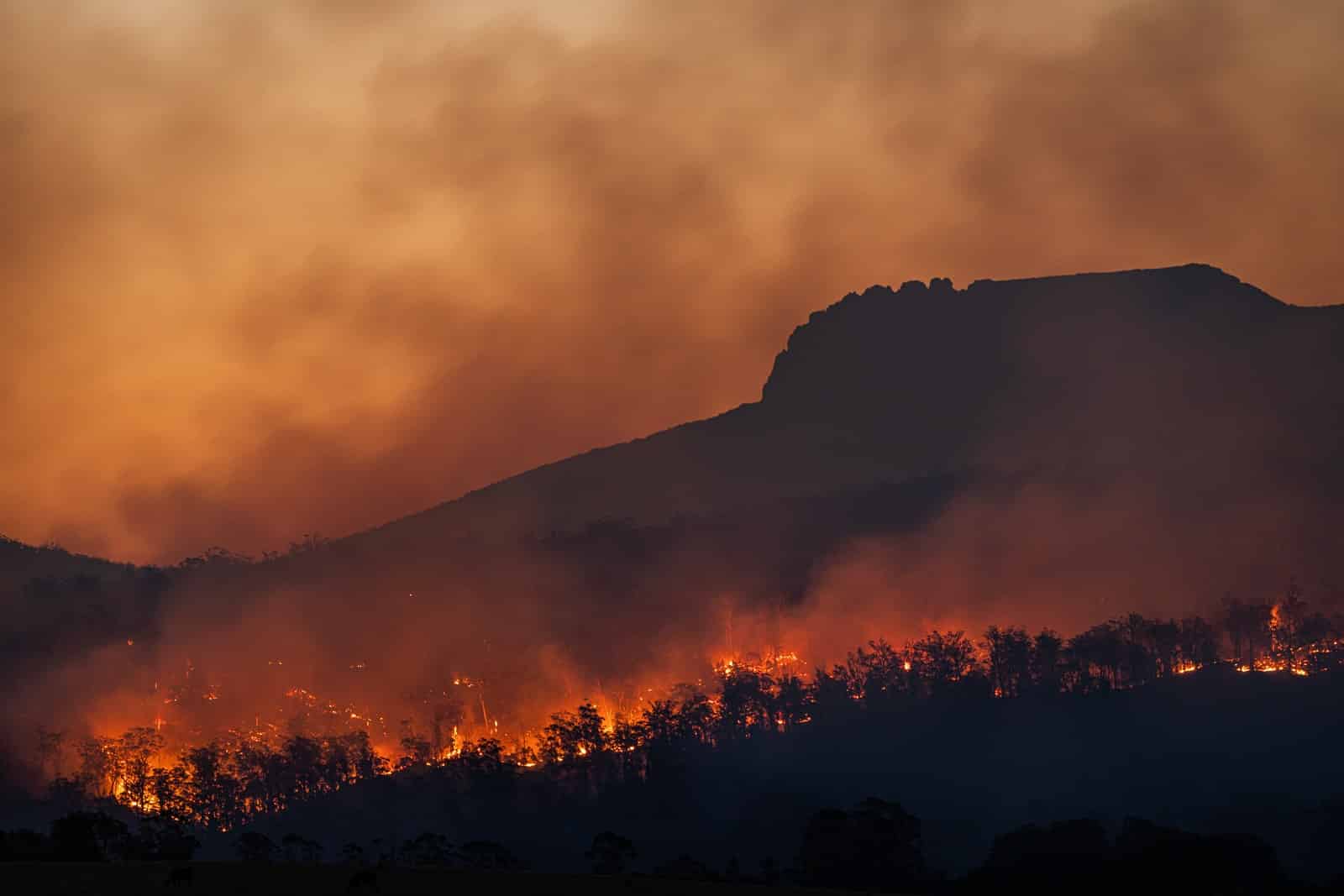Forest fires: EU mobilises its firefighting fleet to help Portugal
For the third day in a row, peacekeepers have had to deal with more than 100 fire starts across the country and the peak temperatures are still to come. About 1,500 firefighters have been mobilised to put out three forest fires that have been raging for more than 48 hours in central and northern Portugal, as the country is hit by a heat wave that has prompted the government to declare a state of emergency.
Portugal has activated the EU Civil Protection Mechanism to request emergency assistance for the current wildfires in the central part of the country. In an immediate response, the European Commission has mobilised this morning 2 Canadair firefighting airplanes from its rescEU fleet positioned in Spain. The planes are supporting Portuguese first responders in the affected regions.
Commissioner for Crisis Management Janez Lenarčič said: “With our quick response to the Portuguese request for assistance, the EU demonstrates its full solidarity in facing the destructive forest fires in central Portugal. I thank Spain for swiftly mobilising two firefighting planes via the RescEU this morning. Our thoughts are with those affected, and with the fire fighters and other first responders on the ground. We stand ready to provide further assistance.”
In addition, the EU’s Copernicus Emergency Mapping Service was activated by Portugal on 8 July for the forest fires affecting Leiria and Santarem districts in Ourém municipality. These maps support first responders with an assessment of the impact and damage of the fires.
Background
The EU Civil Protection Mechanism strengthens cooperation between and among Member States and Participating States in the field of civil protection, with a view to improving prevention, preparedness and response to disasters. Through the Mechanism, the European Commission plays a key role in coordinating the response to disasters in Europe and beyond.
When the scale of an emergency overwhelms the response capabilities of a country, it can request assistance via the Mechanism. Once activated, the Emergency Response Coordination Centre coordinates assistance made available by its Participating States through spontaneous offers. Should the emergency require additional assistance, the rescEU reserve can be activated.
To date, all EU Member States participate in the Mechanism, as well as Iceland, Norway, Serbia, North Macedonia, Montenegro and Turkey. Since its inception in 2001, the EU Civil Protection Mechanism has responded to over 600 requests for assistance inside and outside the EU.







